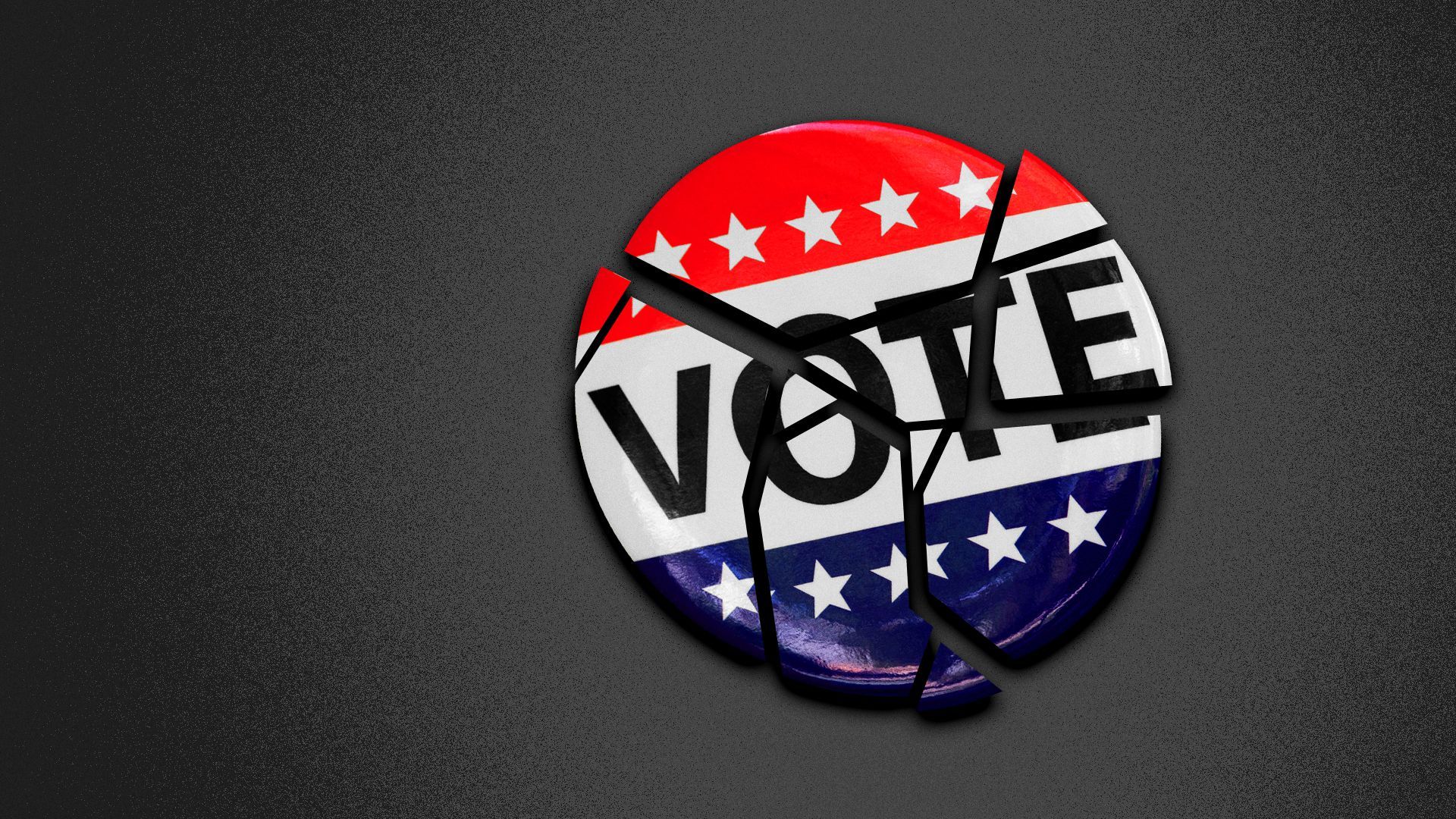| A federal appeals court dealt social media giants a blow Friday when it upheld a Texas law that seeks to stop platforms from removing posts if the removal can be viewed as discriminating against a "viewpoint," Axios' Ashley Gold reports. Driving the news: The U.S. Court of Appeals for the 5th Circuit ruled that the Texas law, H.B. 20, does not violate the First Amendment rights of social media platforms. - Tech companies and groups representing them in court have argued the law is unconstitutional, and that platforms have a First Amendment right not to host speech they deem to be objectionable.
Why it matters: If the law goes into effect, Facebook, Twitter, YouTube and other social media companies with more than 50 million users will effectively be prevented from enforcing content-related rules on any user postings that can claim to express a political view. Between the lines: Social media companies face pressure from the right to "censor" less and from the left to take down more content to limit the spread of misinformation. Context: In May, the U.S. Supreme Court blocked Texas' law from taking effect before tossing it back to the 5th Circuit. - A federal appeals court struck down a similar law in Florida in May, in a ruling that directly contradicts the Texas ruling — meaning the issue will almost certainly have to be decided by the Supreme Court.
How it works: The Texas law bars platforms from acting to "block, ban, remove, de-platform, demonetize, de-boost, restrict, deny equal access or visibility to, or otherwise discriminate against expression." Individuals and the Texas attorney general can sue large social media platforms for violations. What they're saying: "Today we reject the idea that corporations have a freewheeling First Amendment right to censor what people say," the judges wrote in their ruling. The other side: Critics of the law say it would force platforms to host dangerous and illicit content, fill social media platforms with spam and hate speech, and require platforms to give deference to extremist views and foreign propaganda. What's next: The law won't take effect yet. First, the 5th Circuit has to issue instructions to a lower court, and a Supreme Court appeal from tech groups is likely. Go deeper: Court opens way for flood of Texas "censorship" lawsuits | 






No comments:
Post a Comment